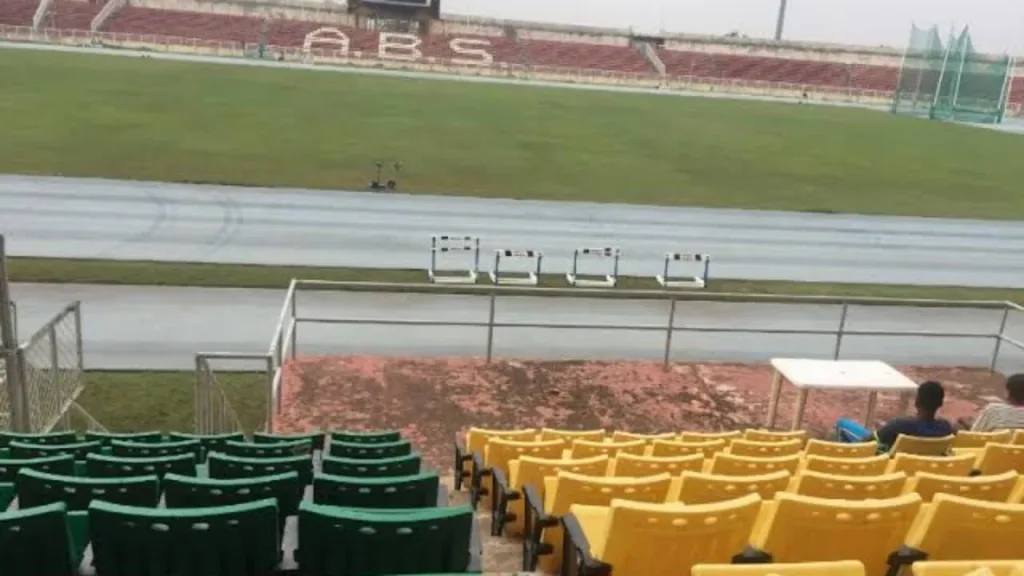The Kaduna State Government has strongly refuted claims of unethical practices in the planned redevelopment of Ahmadu Bello Stadium, a major sports facility in northern Nigeria. State officials dismissed accusations of contract manipulation and procedural violations as “false and misleading,” asserting that the project aligns with legal standards and aims to elevate the region’s sports infrastructure.
Speaking at a press briefing on Sunday, Kaduna’s Commissioner for Sports Development, Prof. Benjamin Kumai Gugong, clarified that the stadium was transferred to state control by Nigeria’s federal government earlier this year in a deteriorated state. “The facility required urgent intervention to meet basic operational standards, let alone host major events,” he said. The ministry, Gugong explained, sought approval from Governor Uba Sani for a comprehensive overhaul designed to comply with regulations set by global and regional football bodies, including FIFA, the Confederation of African Football (CAF), and the Nigeria Football Federation (NFF).
The commissioner emphasized that the contracting process, formally approved in May 2025, adhered strictly to protocols outlined by the Kaduna State Public Procurement Authority (KADPPA). He rejected suggestions that the ministry had been excluded from decision-making, stating, “Every step followed due process. Transparency and accountability are non-negotiable in this administration.” While Gugong did not identify the source of the allegations, he characterized them as attempts to undermine public trust in the project.
Once completed, the upgrade is expected to modernize the stadium’s facilities, enabling Kaduna to bid for international sporting events, conferences, and concerts. Officials estimate the project will generate employment opportunities and stimulate local businesses, positioning the city as a hub for tourism and commerce. The stadium, originally built in 1964, has historically hosted significant football matches but has faced criticism in recent years for inadequate maintenance and safety concerns.
The redevelopment forms part of broader efforts to revitalize infrastructure in Kaduna, a region striving to attract investment amid Nigeria’s economic challenges. Critics, however, have called for independent oversight of procurement processes to ensure compliance with anti-corruption laws—a point Gugong addressed by reaffirming the state’s commitment to “openness at every phase.” As construction plans advance, the project remains a litmus test for balancing ambitious development goals with public accountability in Nigeria’s competitive political landscape.
